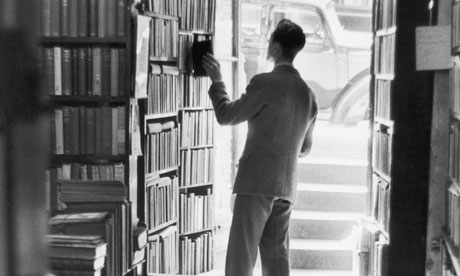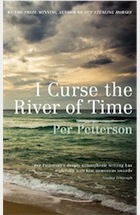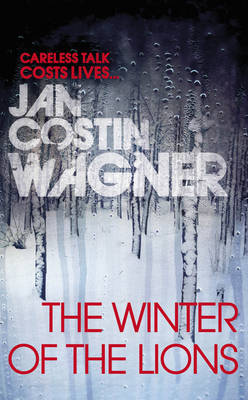
From books to bytes … Willis's bookshop in Edinburgh, 1955. Photograph: John Murray/Getty Images
In 1996, the US computer entrepreneur Brewster Kahle set up the Internet Archive, its mission being to provide "universal access to all knowledge". This admirable project strives to store copies of every single web page ever posted: a ghostly archive of the virtual. So what are we to make of the fact that, a decade and a half later, this digital pioneer is turning from bytes to books? In what seems, on the face of it, an act of splendid perversity, Kahle has set up a series of converted shipping containers in California where he hopes to create another archive – one that contains a copy of every book ever published.
His action touches on an anxiety. Are books, like defunct internet pages, heading towards the point where they will be archived as an academic curiosity? Some think so. You won't find any shortage of people willing to pronounce the printed book doomed, arguing that the convenience and searchability of digital text and the emergence of a Kindle-first generation will render them obsolete.
Certainly, electronic books have overcome their technological obstacles. Page turns are fast enough, battery life is long enough, and screens are legible in sunlight. Digital sales now account for 14% of Penguin's business. But there are reasons to reject the idea that the extinction of the printed book is just around the corner, just as there were reasons to reject the notion that e-books would never catch on because you couldn't read them in the bath and, y'know, books are such lovely objects. read more...






